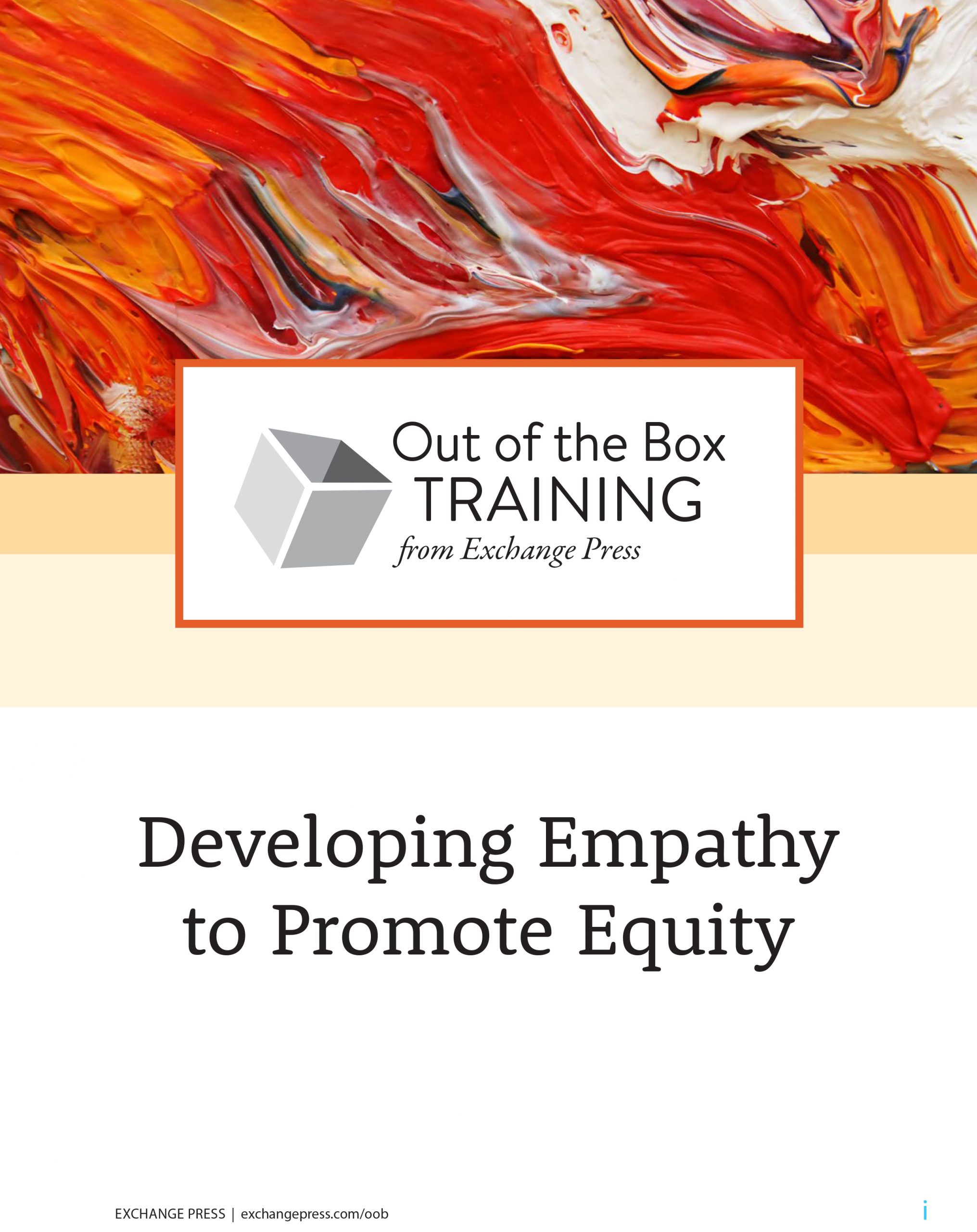ExchangeEveryDay Past Issues
 << Previous Issue
| View Past Issues | | Next Issue >>
<< Previous Issue
| View Past Issues | | Next Issue >> -Brené Brown
Twenty years ago, sociologist Robert Putnam made the case for “social capital”— the trust and reciprocity that emerge in formal and informal social groups – teams, neighborhood gatherings, clubs and more. Putnam wrote, “In measurable and well-documented ways, social capital makes an enormous difference in our lives...Social capital makes us smarter, healthier, safer, richer, and better able to govern a just and stable democracy.”
In his book Bowling Alone, Putnam distinguished two kinds of social capital: groups that form around common values, backgrounds and activities experience bonding social capital, while bridging social capital describes the trust and reciprocity that emerge across class, race, religion or other important sociodemographic or socioeconomic axes. Due to fewer encounters and commonalities, bridging happens less easily as do the societal benefits. Putnam’s cautionary words seem quite applicable today: “Serendipitous connections become less likely as increased communication narrows our tastes and interests. Knowing and caring more and more about less and less. This tendency may increase productivity in a narrow sense while decreasing social cohesion.”
By focusing on empathy, early educators are in a unique position to lay strong foundations for bridging among children, staff and families – and thus their communities. In their article, “Developing Empathy to Promote Equity in Early Childhood Settings,” Christenson, Muccio and McGowan deftly outline the hows and whys of empathy in early childhood. “The ability to take the perspective of children and their families and respond to their perspectives should be at the heart of our work.” They go on to say, “These approaches in empathetic classrooms support compassionate interactions with families, place-based learning opportunities, and shared decision making.” A brand new Out of the Box Training from Exchange Press, “Developing Empathy to Promote Equity,” based on Christenson, Muccio and McGowan’s article, offers the opportunity to take a deep dive into empathy.
Developing Empathy to Promote Equity |
ExchangeEveryDay
Delivered five days a week containing news, success stories, solutions, trend reports, and much more.
What is ExchangeEveryDay?
ExchangeEveryDay is the official electronic newsletter for Exchange Press. It is delivered five days a week containing news stories, success stories, solutions, trend reports, and much more.



Post a Comment